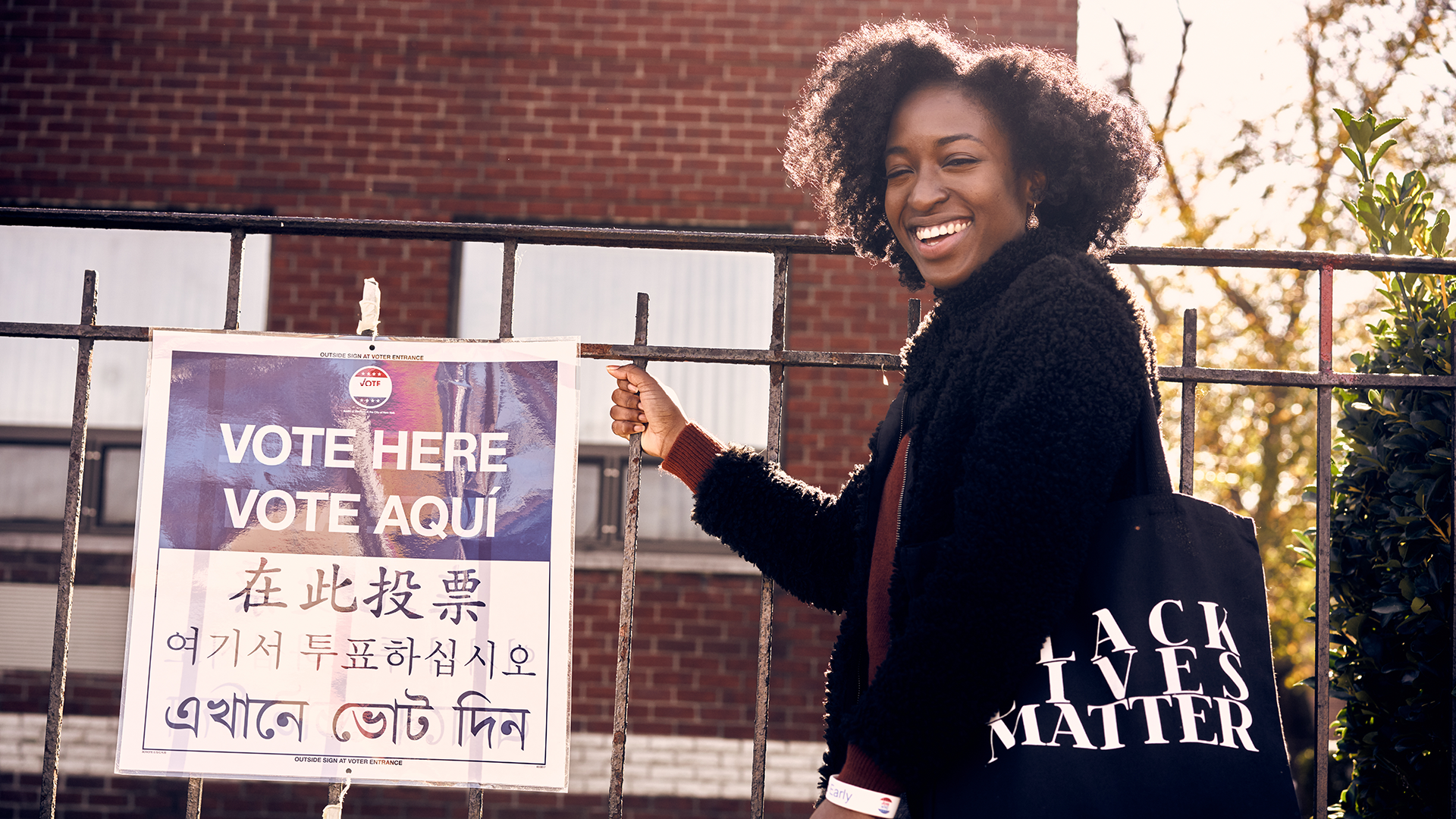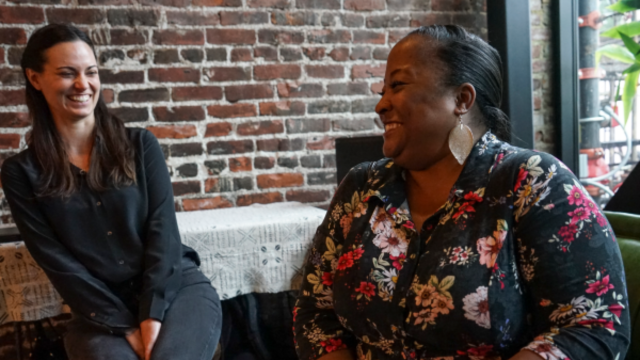
A reflection from our public policy and advocacy staff.
The 2020 election capped a year of turmoil across our country and in our communities. From the onset and resurgence of the global COVID-19 pandemic, to the national reckoning with systemic racism in the wake of police violence against Black people, to an unprecedented economic collapse, to the devastating wildfires that raged through our region – this year’s challenges have been monumental. Against this backdrop, November’s elections loomed large, representing for many the possibility of setting a new course for 2021. When voters turned out in historic numbers, we celebrated the voices that shape our democracy and cast hope for how this diverse electorate would be reflected in our leaders and their policy decisions.
Although the election is over, philanthropy’s collective and concerted work toward achieving a more equitable, inclusive and reflective democracy is just beginning. If 2020 has taught us anything, it is that democracy must be an ongoing action we commit to, not just an idea we converge on during election years. The disproportionate impacts of this year’s compounding crises on Black, Indigenous and People of Color (BIPOC) communities are symptoms of a democracy in peril. It is not news to us that deep-rooted racial inequities impact every facet of life for BIPOC communities, creating disparate conditions for justice, access and opportunity. The gaps have always been there, but it took a state of emergency for much of our society, if not our own sector, to make racial equity an urgent priority – and to see racial equity as imperative to the health of our democracy.
With national attention on the pervasiveness of systemic racism, we are in a moment of unique opportunity. Now is not a time to “get back to normal,” as normal has never been good enough for BIPOC communities. Now is also not a time to retreat and let the focus of democracy take a back seat to other issues until the next election year. Progress on every issue we care about depends on communities who are most impacted having a meaningful voice in policymaking and being able to hold decision-makers accountable.
In the past few weeks, Philanthropy Northwest has convened conversations about the 2020 election and democracy at large. We also released an updated version of our Democracy Lens project, which analyzes democracy-focused grantmaking data in our region and presents case studies of successful democracy-strengthening initiatives and the role of philanthropy in each state. Two things are clear:
- First, while there are promising examples, philanthropy is not funding nearly enough or in the range of ways that will support communities in building capacity, partnerships and leadership to achieve bold democracy reform.
- Second, BIPOC organizers and advocates have been vanguards of our democracy, working year-round to mobilize civic engagement, fight voter suppression efforts and lead movements for change. We have been able to hear first-hand about the Democracy Frontlines Fund’s support of Black-led organizing to build sustainable local power, the Native Votes collaboration to reach the untapped power of the Native electorate and New American Leaders’ work to prepare first- and second-generation Americans to pursue their potential in elected office. These are among the many organizations and coalitions across the country, and working in our region, who have been carrying the work of democracy.
It is clear philanthropy has a role to play. The challenge is whether we will take cautious incremental steps to the work we need to do, or instead examine the biggest leap we can take. We have seen funders pivot in whole new ways to sharpen their focus on racial equity, taking unexpected leaps to respond to this year's crises. Another call to action is before us – communities are looking to philanthropy to build upon their momentum from this year and be intentional partners in their long-term democracy-building efforts. As individual leaders and organizations, we must leverage the collective power of our sector and leap forward to work side by side with our communities. We invite you to connect with us about your ideas, vision and strategies for our network.


